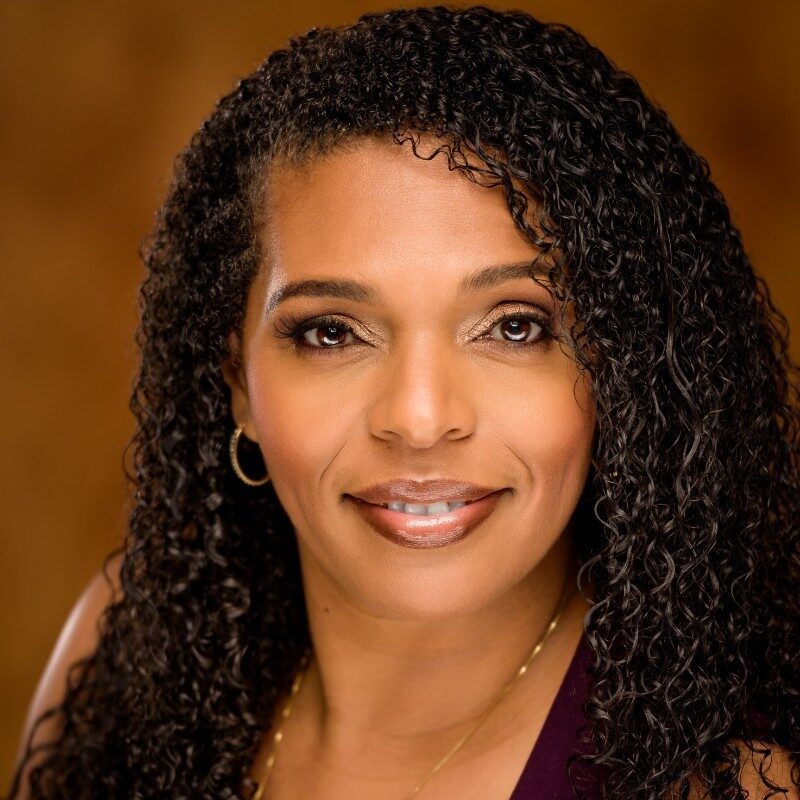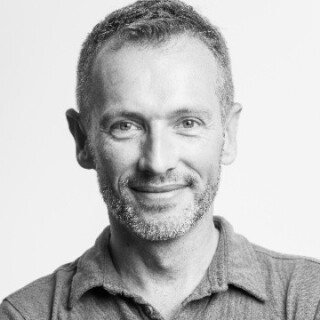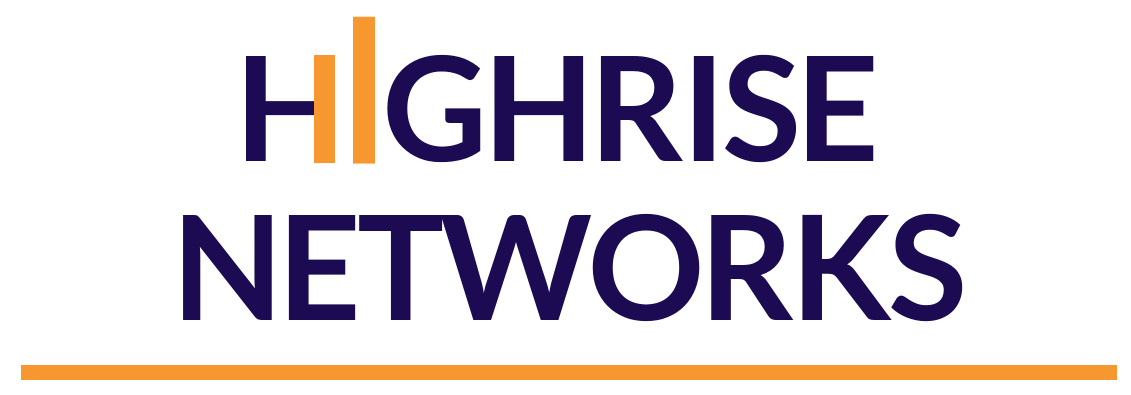Our Chairs Discuss Why Focusing on DEI is Important
Diversity, Equity, & Inclusion Vertical 0 replies 1 like 1 vote 530 viewsHighrise is excited to launch our new DEI Vertical (Diversity, Equity and Inclusion). We asked our Chair and Co-Chair why they think a focus on this is important.

Written By: La Shelle Vernon, Chair
Coming from an automotive retail and wholesale background and then moving to a global petrochemical organization, I have seen great minds at work. These minds were diverse in their presence, and they did not always agree with one another and that was a beautiful intentional design.
I have also witnessed the negative impact on the greatest resource (its people) when these organizations failed to ensure the processes and programs were impartial and fair to all. As a result of the lack of inclusive, equitable and diverse practices the organizations suffered with high rates of attrition, low morale, and little to no innovation as well as reduced productivity and failure to meet profitability potential.
Diverse, equitable, and inclusive cultures shift perspectives and unleash possibilities to new realms. They cultivate innovation, drive productivity, increase profitability, and the greatest benefit of all is these cultures foster engagement, resulting in retention of your greatest assets…your human resources. These resources directly align with and can positively or negatively impact an organization's business continuity and sustainability.
Great organizations and high-performance teams understand they need an amalgamation of people that are Problem Solvers, Dreamers/Thinkers, Implementers, Activators, High-spirited, Patient, Systematic, Result-oriented, and the list goes on... It is these organizations, the ones who have whole heartedly embraced DEI and woven it into the fabric of their Vision, Mission, and Values will sustain themselves and be “the organizations to work for.”

Written By: Jonathan Yeo, Co-Chair
My passion for diversity, equity and inclusion is both personal and professional. Whether we’ve experienced exclusion ourselves, or witnessed the exclusion of people we know, respect or care about, we operate in playing fields that are frequently inequitable and often unfair. Meritocracy is an unfulfilled promise. Promotions are frequently biased. Similarity is usually rewarded. The price of that inequity is not just paid by individuals however, it’s also paid by teams and organizations—by way of reduced collaboration, guarded communication, and hindrance to innovation.
If you’ve been fortunate enough to have worked in a truly high functioning team, you likely have experienced at least some of the following: safety to speak up, trust in your teammates, your voice being valued, and your perspective being respected. A focus on diversity, equity and inclusion is part of the increasing recognition that workplaces are human communities, with all the requisite complexity, challenge and possibility that entails.
The challenge for successful leaders today is to recognize and embrace that complexity, be open to continuous learning about people, and lead in a way that maximizes the contributions of every individual. Many leaders already understand this as simply the right thing to do, others see the benefits to business that flow from building inclusive and diverse workplaces—whether they’re driven by heart or head (or both), they’re the leaders who will succeed as our expectations of workplaces evolve.
It’s true that sometimes the conversations around these topics are not easy or comfortable, but it is those uncomfortable moments that push us forward, and it is the ability to appreciate, embrace and explore complexity that makes us better leaders. I’m excited for this vertical to be a space where we can all continue that journey.
